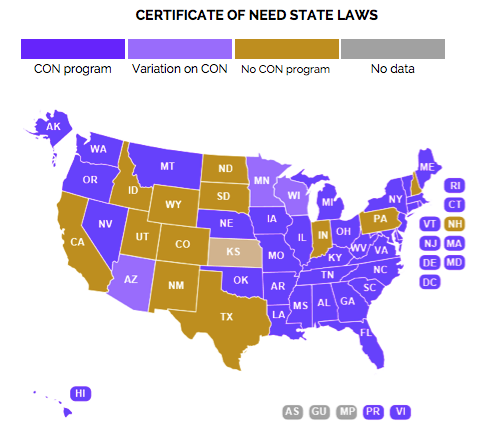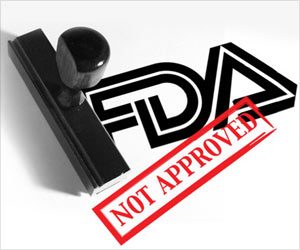COPN – THE BIG PICTURE
Plus Virginia Reform Efforts
Certificate of Public Need (COPN) programs are a fact of life in 36 states (Virginia included) as well as the District of Columbia. These laws require government consent before a health care facility may expand, offer a new service or purchase certain medical devices.
The Case for Certificate of Need Laws
The initial intent of COPN programs was to contain health care facility costs through coordinated government/private enterprise planning of facility construction and added services. The assumption was to limit facilities to provide only enough capacity to meet actual need or demand in a given geographical area. Presumably, that would avoid price increases by health care accommodations that were struggling to meet overhead not funded by sufficient patient loads.

Source: NCSL, August 2016




